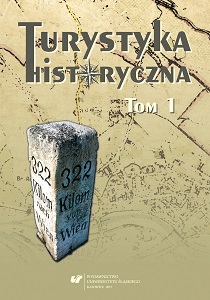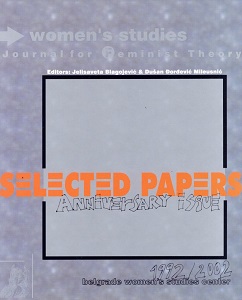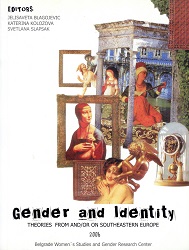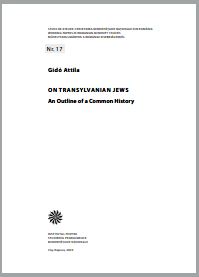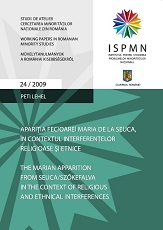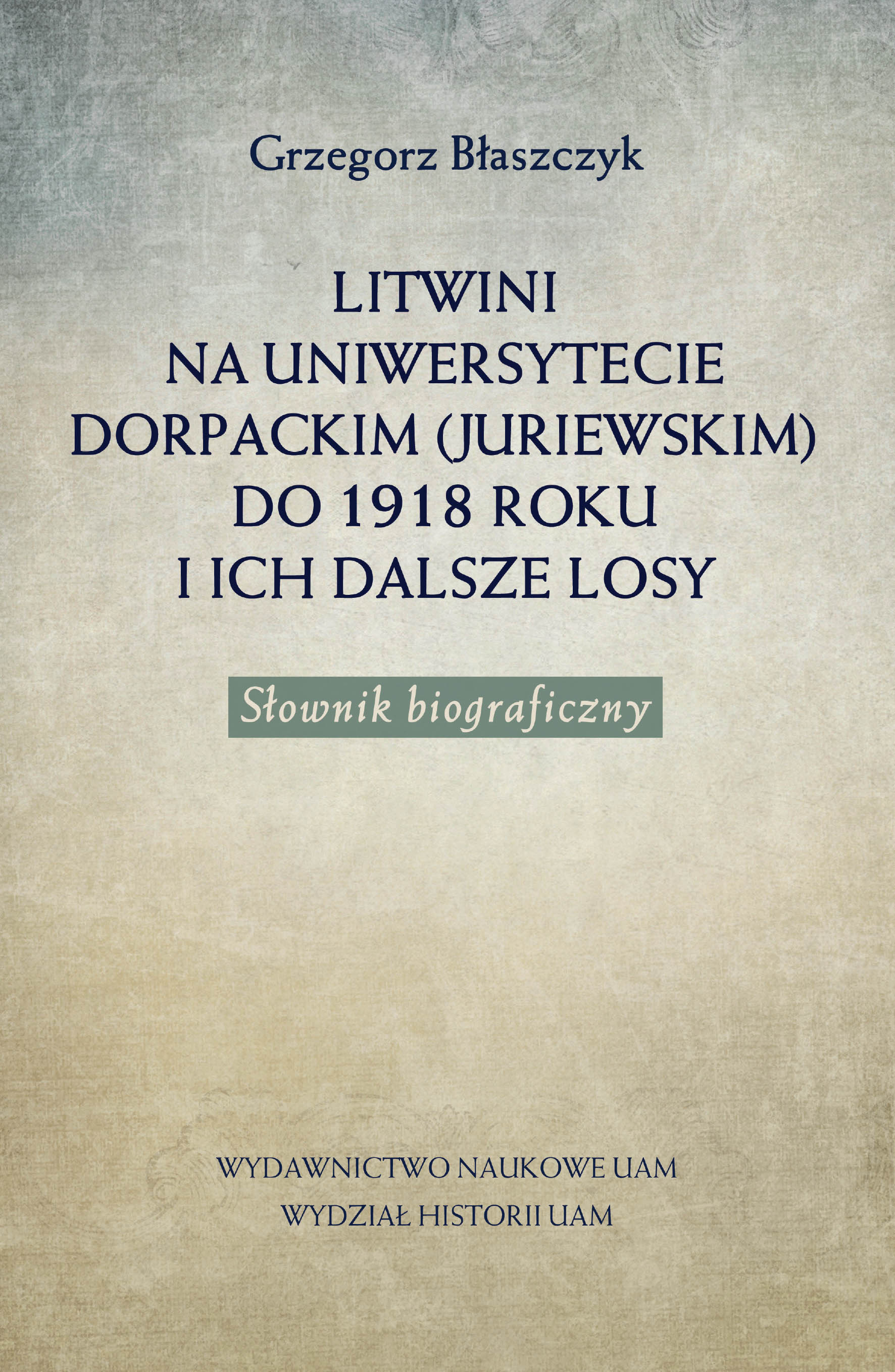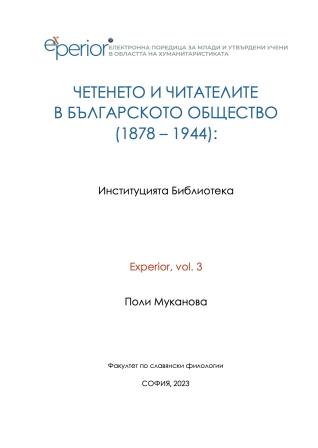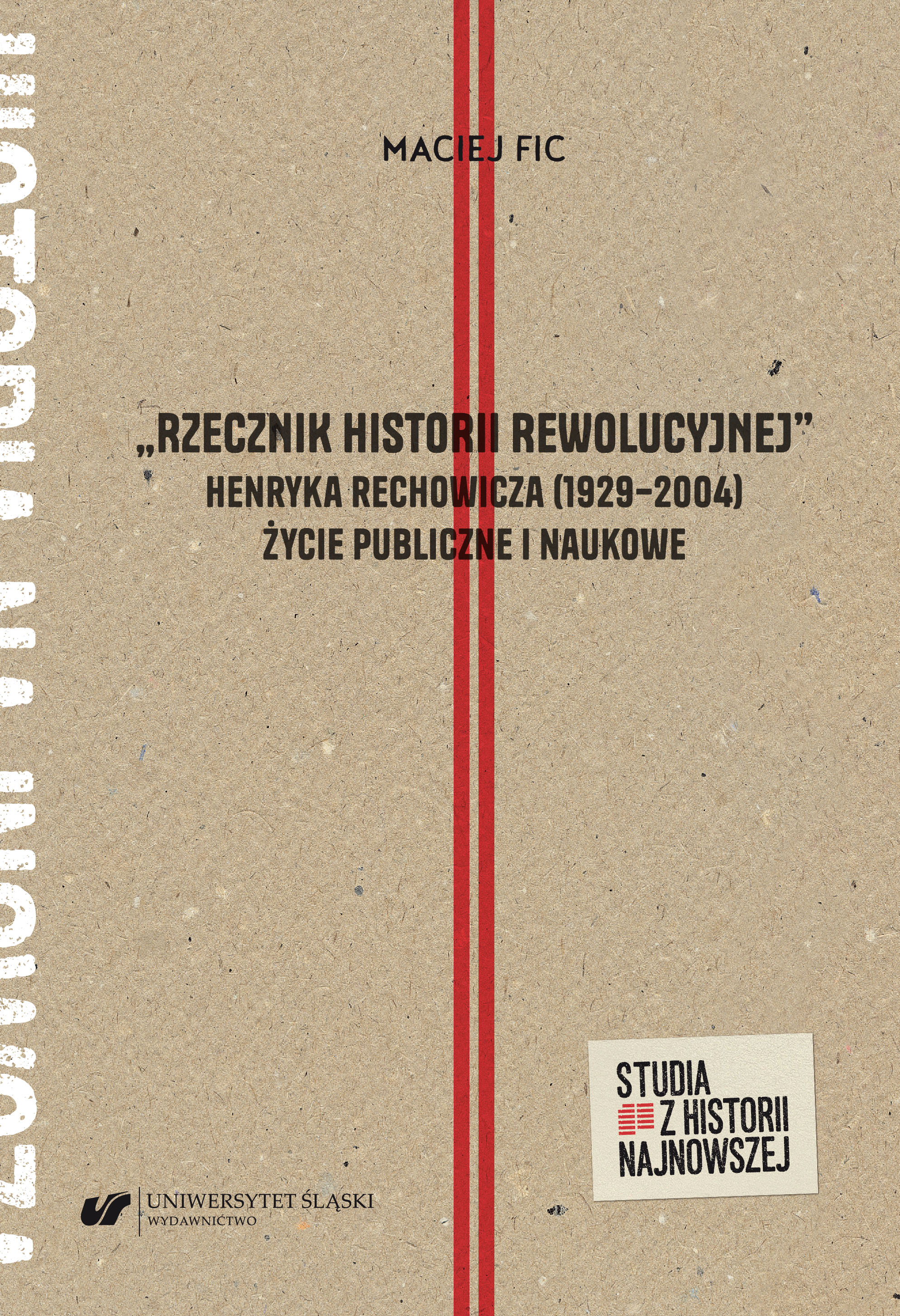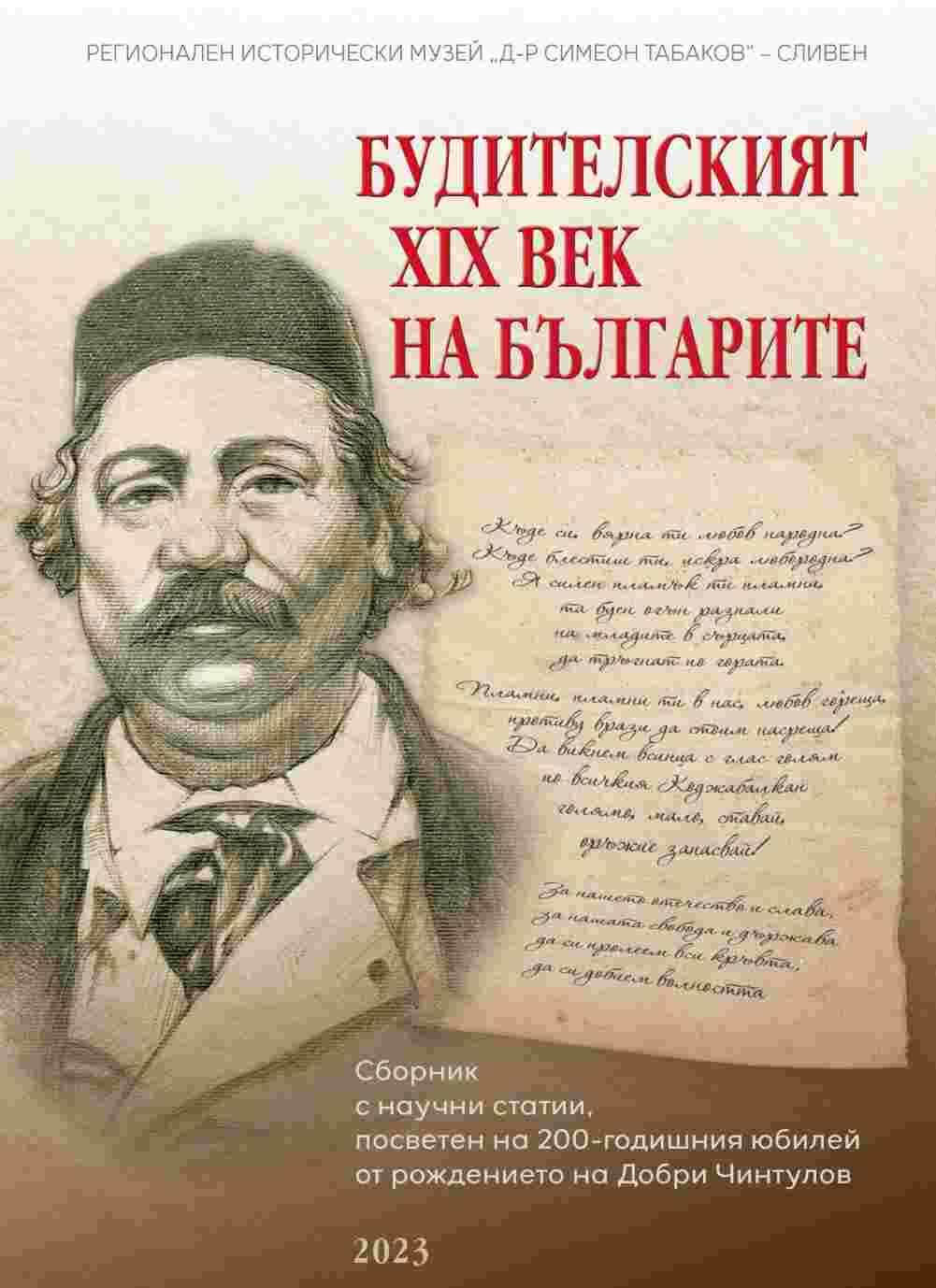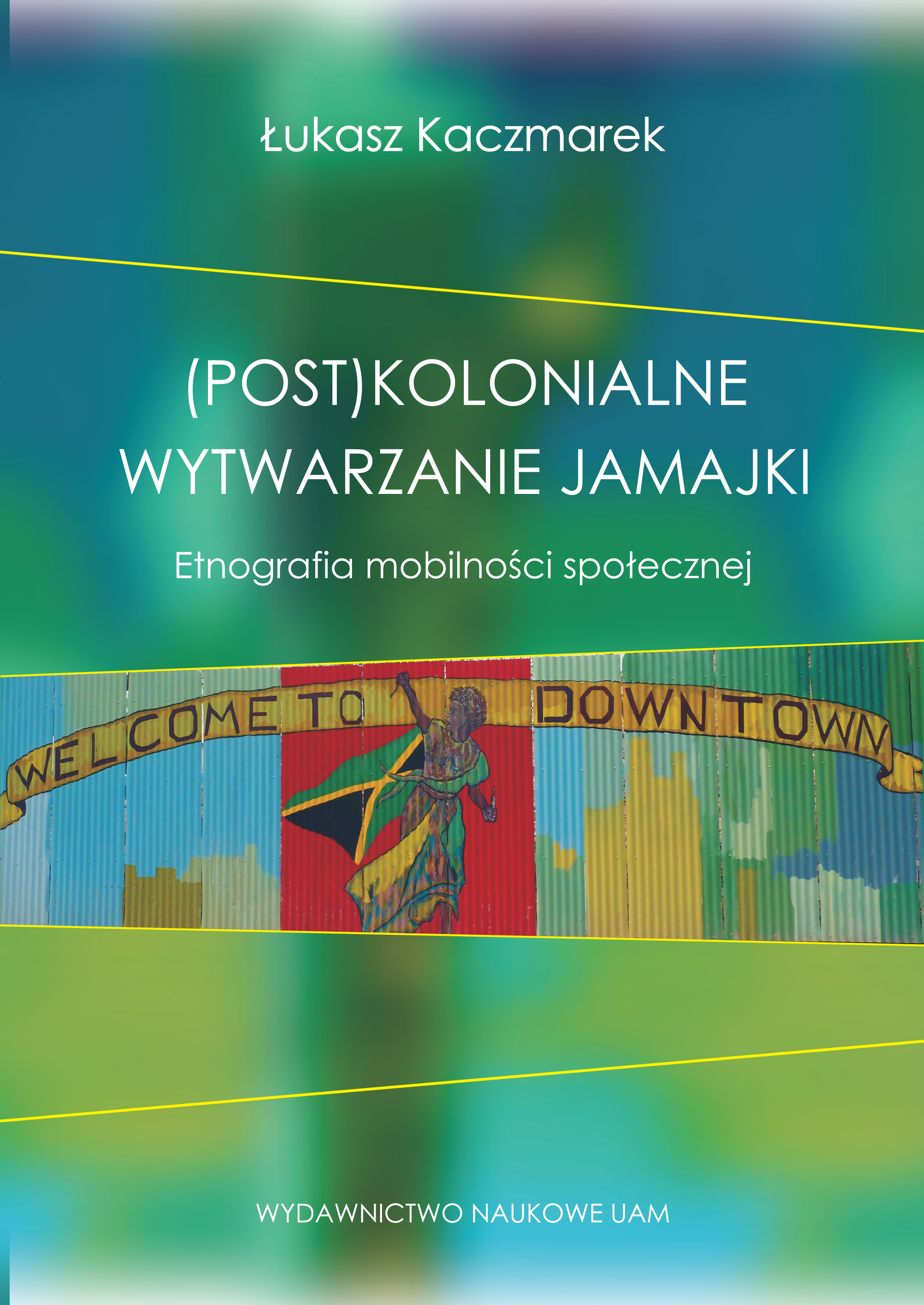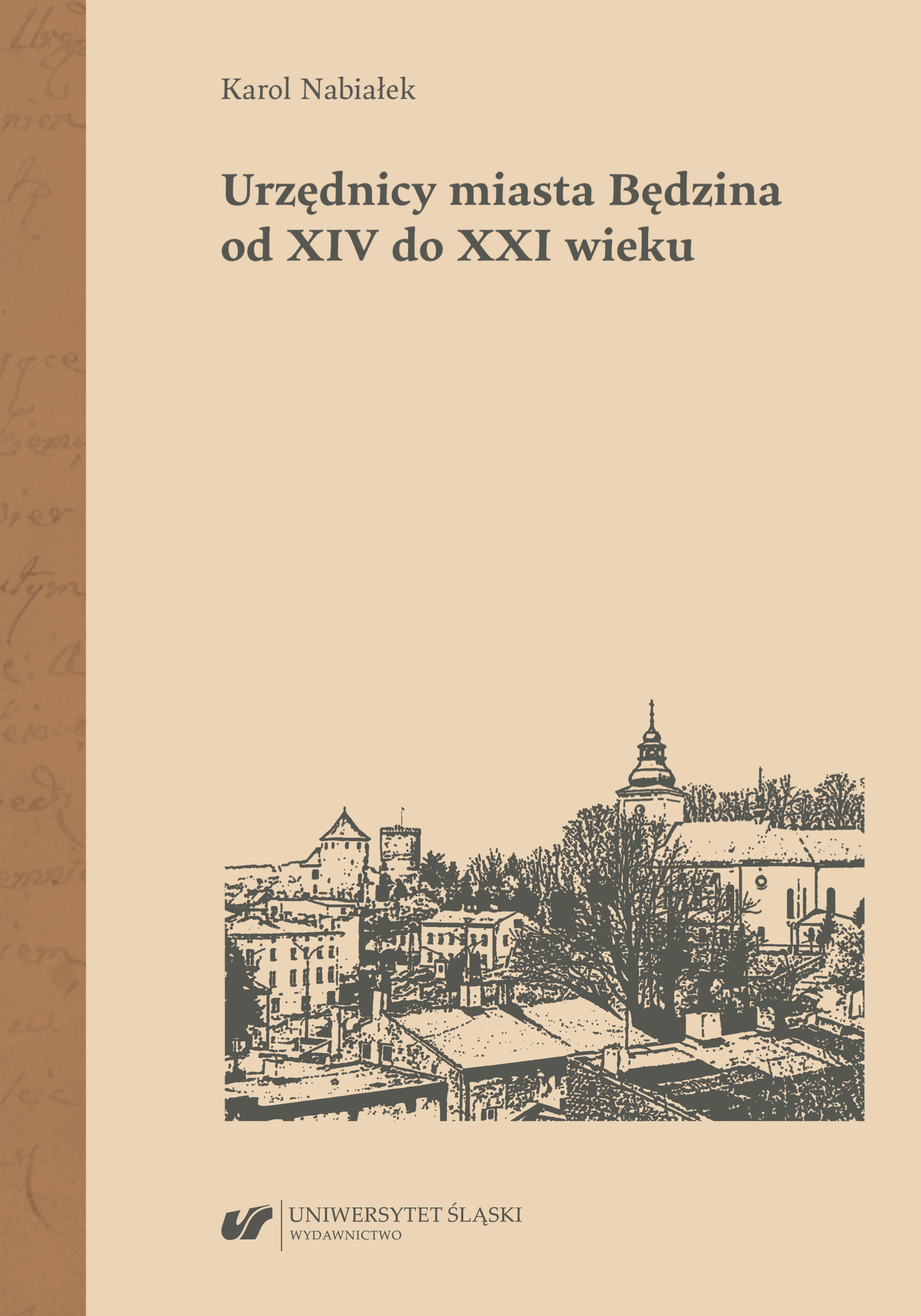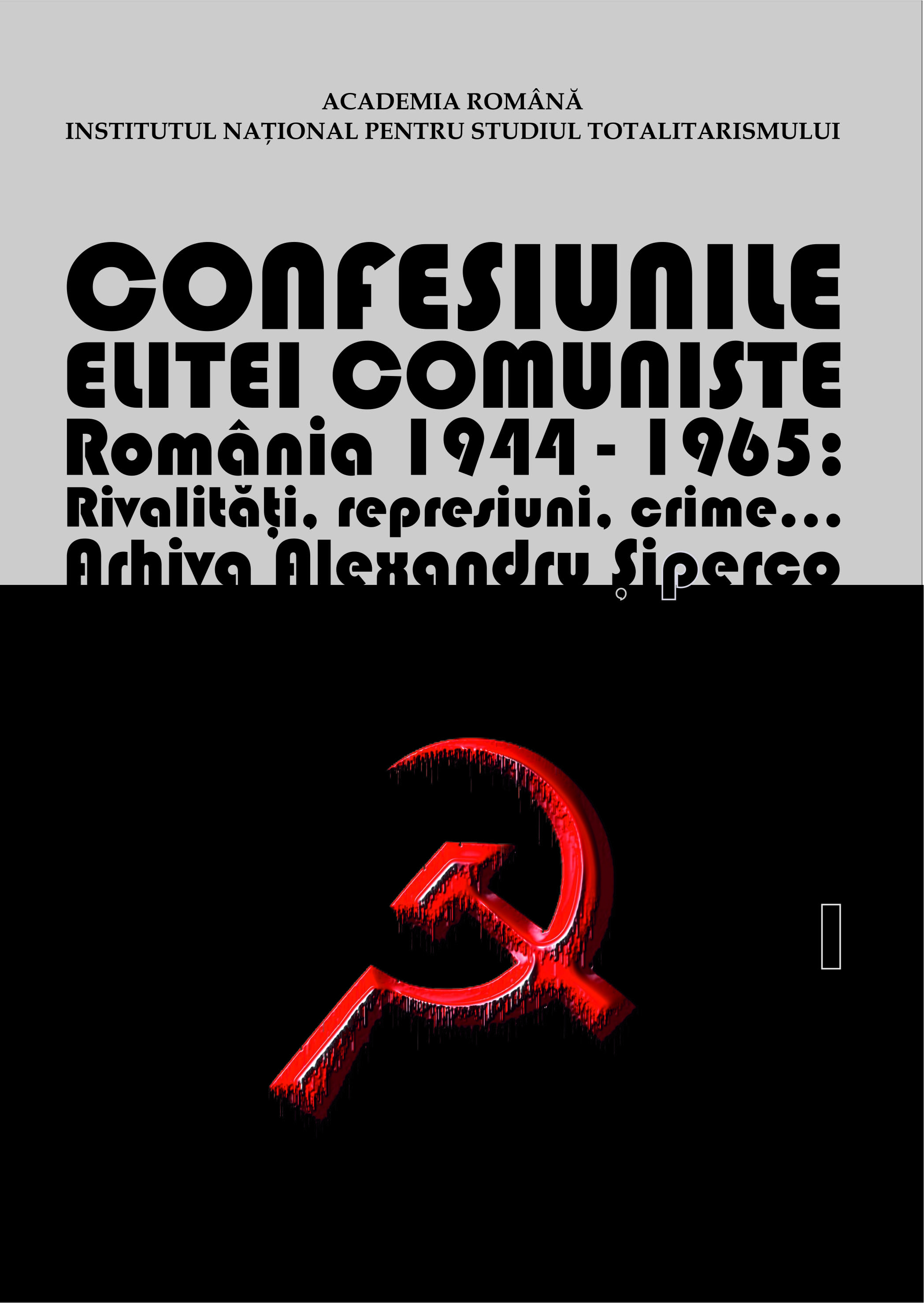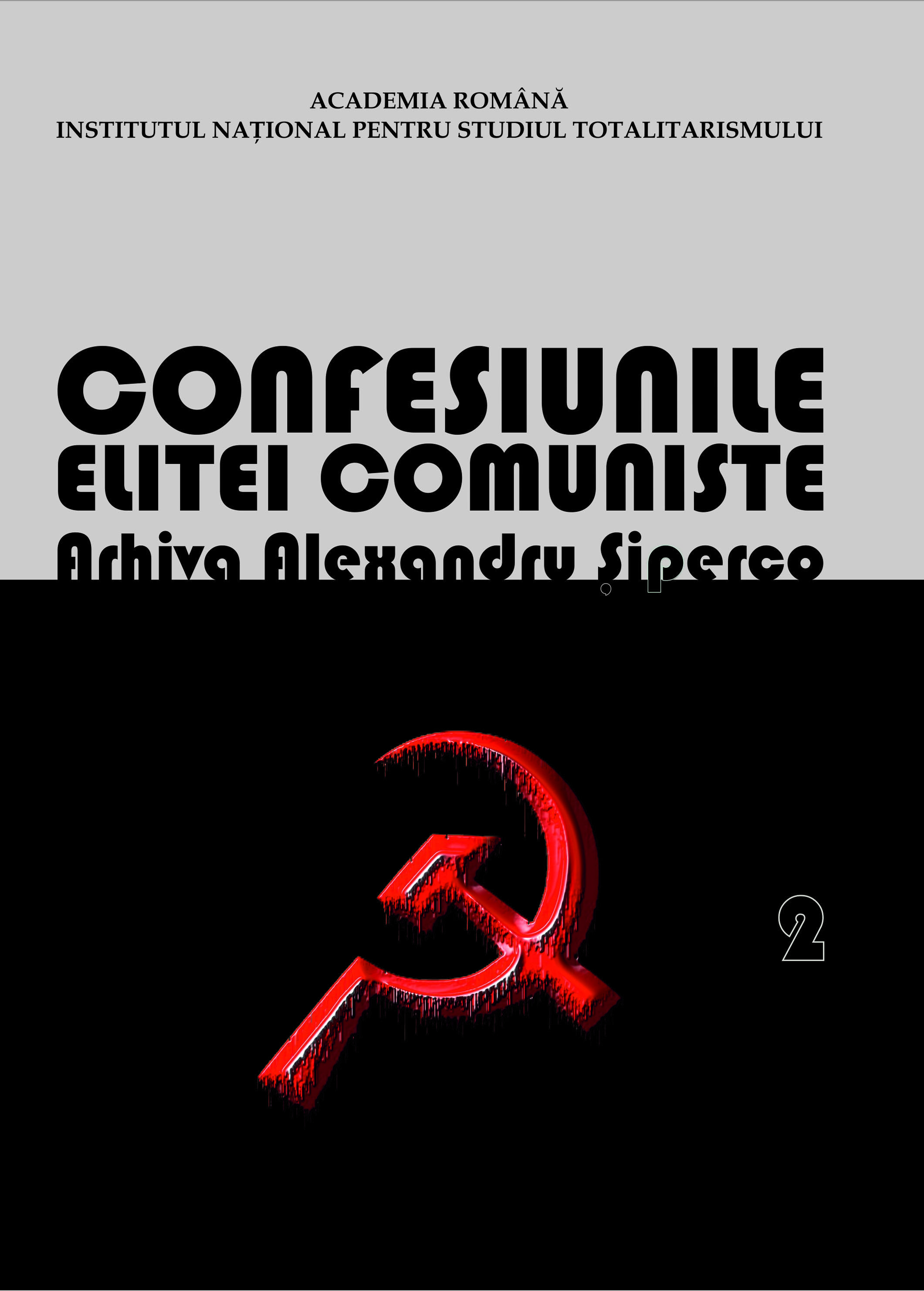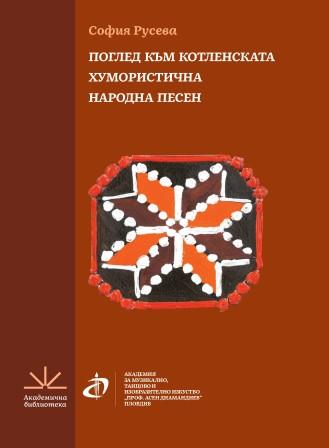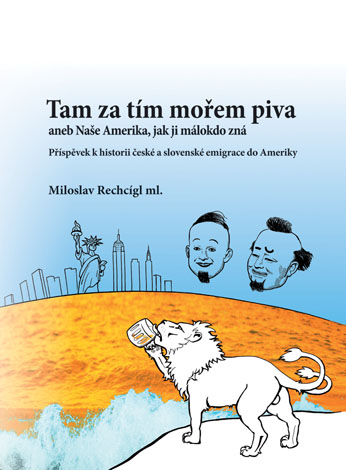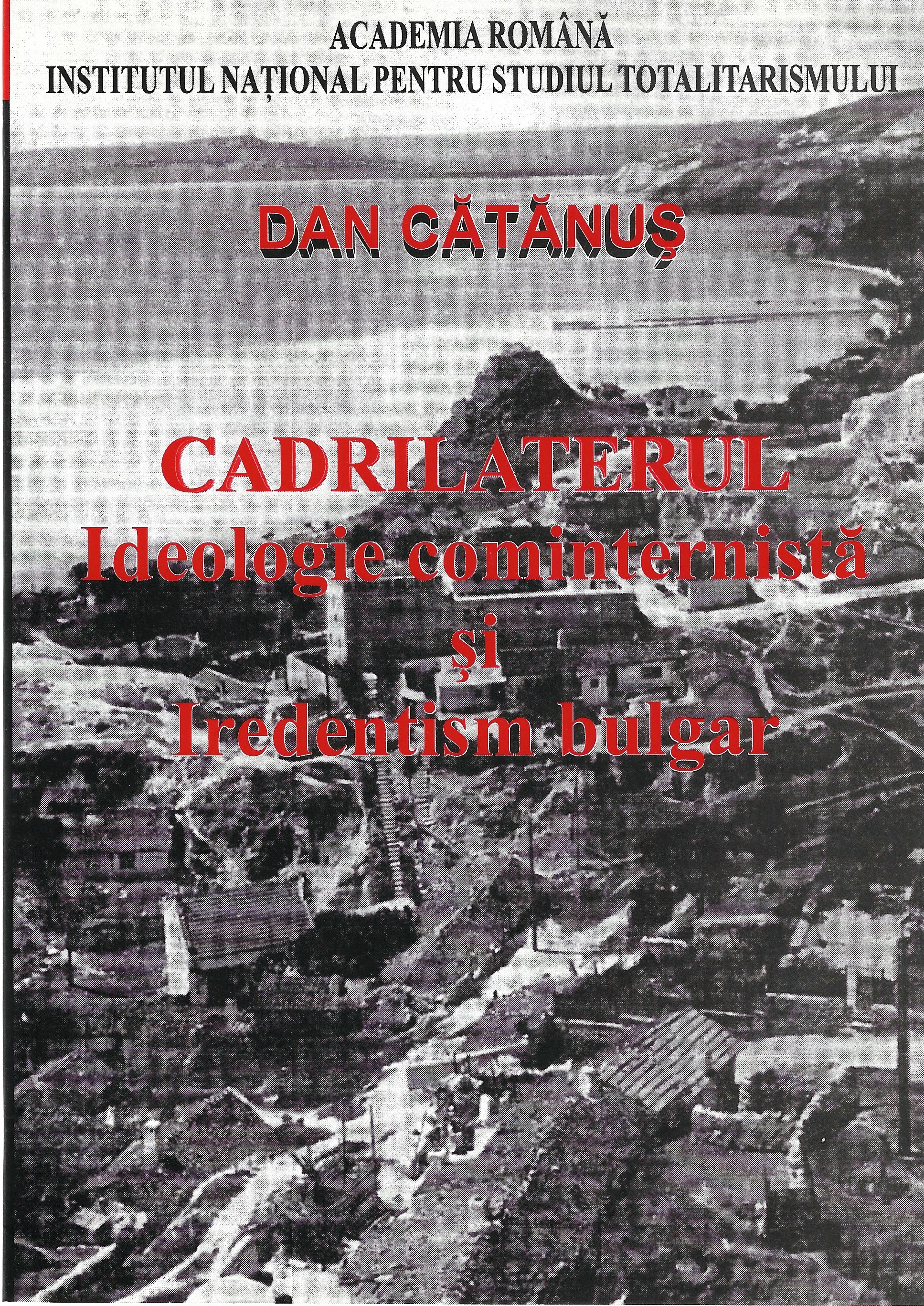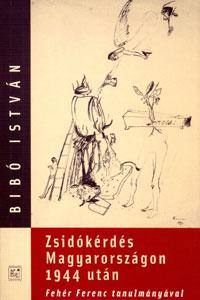
Zsidókérdés Magyarországon 1944 után
In 1948 in his seminal study “The Jewish Question in Hungary After 1944” István Bibó did draw attention to the role of Hungarian society at large in the implementation of the logic of the Holocaust. Bibó bravely suggested “that the anti-Jewish legislative measures were supported, if not by a clearly visible majority, then at least by a force more massive than their opponents.” What Bibó saw to be a “slippage” from the 1930s onwards resulted in the events of 1944, which Bibó interpreted as evidence of “the moral decline of Hungarian society.” Bibó claims that the opportunities for upward mobility that ‘non-Jews’ seized in 1944 Hungary provided “an appalling picture of insatiable avarice, a hypocritical lack of scruples, or at best cold opportunism in a sizeable segment of this society that was profoundly shocking not only to the Jews involved, but also all decent Hungarians.” This question of postwar remembrance of the Holocaust is of continuing relevance. History is a subject of interest not simply to historians; it has contemporary implications. Whether the Holocaust in Hungary is remembered as a part of or apart from Hungarian history has important implications for the kind of past Hungary remembers. (Tim Cole in Hungary and the Holocaust/Confrontation with the Past/Symposium Proceedings/Center for Advanced Holocaust Studies/United States Holocaust Memorial Museum 2001)
More...
